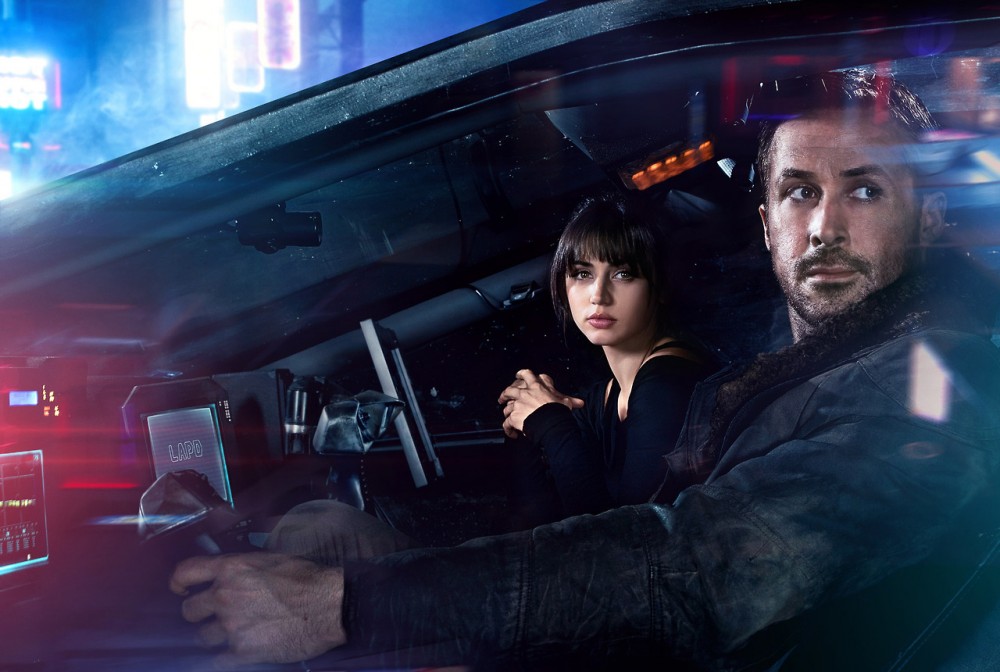The world of the original “Blade Runner” was a mess. It was desolate, dark and foggy. “Blade Runner 2049” hoists the world of the original film into an upright position, dusts it off and slaps it in the face with sterilized organization.
The original 1982 film, directed by Ridley Scott, took place in an imaginary L.A. circa 2019. “Blade Runner 2049” occupies the same setting 30 years later.
Director Denis Villeneuve made a mistake when he hung the story on a hero narrative. Ryan Gosling is charismatic as K. He’s a swell leading man, but that charm doesn’t make sense here.
Harrison Ford’s Rick Deckard was growly and unlikable, which fit the world his character lived in. It was violent and overwhelming, and his story wasn’t one of righteous redemption — his job retiring replicants was all that gave him purpose, which in return gave cause to the film.
“2049” follows K, a replicant and blade runner himself (he goes around retiring older, more ornery models) until an assignment turns into a soul-search (surprise). The task: find and kill the offspring of Rick Deckard and Rachael (the leads of the original film, played by Harrison Ford and Sean Young) because the human-replicant cross breed “breaks the world.”
Or something. What does that mean? Stick around for the next two and a half hours to find out.
Upping the stakes while placing the savior-responsibility on one soulful replicant doesn’t make the story more meaningful. Placing emphasis on extremes — birth and death — rather than the messiness of humanity, in reality or otherwise (something the original did so well), doesn’t make the movie profound.
The dialogue is contrived, the camerawork and storyline redundant. It feels more like an off-brand Star Wars sequel (complete with a not-dead Harrison Ford) than a partner of the original.
It exchanges confusion for cuteness and loses all personality in the process.
What Scott grasped that Villeneuve does not: there’s more to dramatic fantasy worlds than long pans over surreal landscapes followed by the main guy throwing some punches.
Last and least, Jared Leto plays Niander Wallace, the maker of the modern replicants and successor to Tyrell. His overblown schtick as the movie’s crazed genius feels, yet again, overwrought.
Some noteworthy points: Sylvia Hoeks’ Luv, a bloodthirsty replicant who stalks K in his hunt for Deckard and Rachael’s offspring. She’s efficient and determined, and she relishes the suffering of those who get in her way. She lives in Wallace’s honey-colored geometric palace, shown in golden, angular shots that pull you out of space and time.
Truly, the scenes in the Wallace Corp. headquarters are stunning. The blizzard that blankets LA is a nice futuristic touch. But overall, “Blade Runner 2049” has the subtlety and originality of Comic Con.
“We’re all just lookin’ out for something real,” says Lieutenant Joshi, played by a whiskey-loving Robin Wright, in a moment of attempted tenderness with K. And when the film ended, we were still looking.








